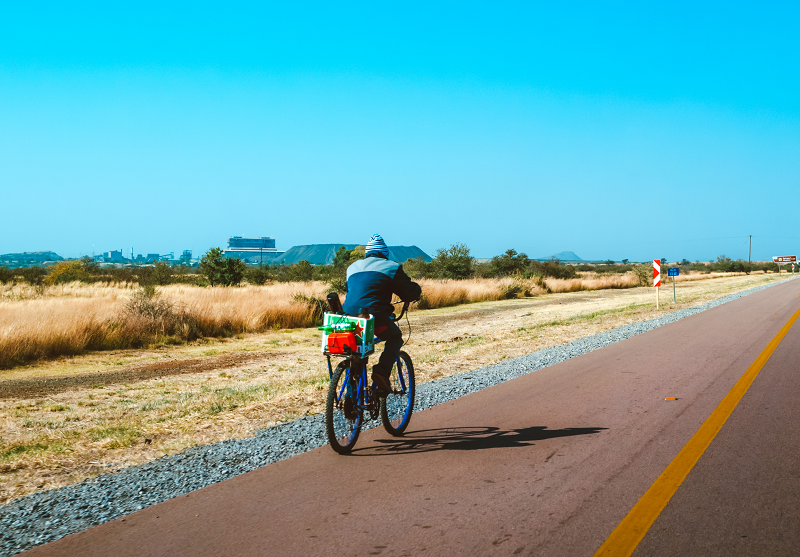
Sub-Saharan Africa has abundant natural resources which can provide funds for health, education, and other social expenditure. Yet countries endowed with fuels and minerals often fall behind in human development, and rampant corruption is often observed, especially in countries with weak political and regulatory institutions.
Since independence, many African countries have built institutions and practices rooted in democracy. Despite the presence of democratic institutions, resource revenues remain a site of contention. Without effective policies, frameworks, and oversight, resource revenues may not contribute to development. Instead, they have the potential to destabilise public financial management systems, bring negative environmental and social impacts, and increase the risk of corruption.
The increased demand for critical minerals needed for transitioning to renewable energy will likely generate more revenues for resource-rich countries. However, the imminent production boom needs to be matched with a timely and coherent response to ensure that African countries and their citizens benefit from the resource extraction.
This project aims to understand the role of institutional mechanisms in establishing linkages between resource revenues and human development outcomes in sub-Saharan Africa. It seeks to 1) establish whether there are specific institutional mechanisms for ensuring accountable use of resource revenues for development,
2) where these institutional mechanisms exist, identify under which political conditions they are set up, and 3) establish what undermines or promotes their effectiveness.
In general, how, if at all, do political and institutional mechanisms in the resource sector promote direct linkages between resource revenues and human development?
The project will employ a “mixed-method” approach, integrating cross-country statistical analysis with fieldwork (funded by the WUN) in two resource-rich democracies. This project will bring together eight researchers from four WUN member universities and two non-WUN institutions.
The research team expects to, first, identify the institutional mechanisms that matter most for resource-based development on the continent; second, to develop a more accurate and context-specific explanation of the role of institutional mechanisms in resource management; and finally, to highlight the political and institutional challenges resource-rich African countries face in realising their development objectives and provide recommendations for a way forward.
- Click here for a video summary of this project.